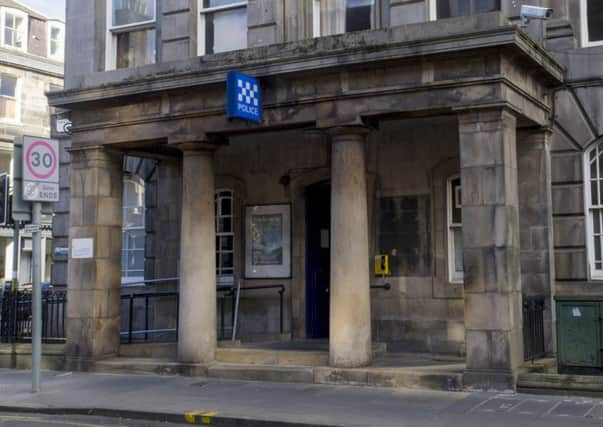Inside Justice: Station closures deny police a base to work with the people they serve


Faced with a growing budget shortfall, the force has an estate of ageing premises, many of which are no longer fit for purpose.
But it is the scale of the proposed closures which made headlines earlier in the week.
Advertisement
Hide AdAdvertisement
Hide AdPolice Scotland is considering the future of 58 stations across the country as part of its rationalisation programme.
Properties in Carnoustie, Leith, Hawick, Oban, Port Glasgow, Ayr and Larkhall are among those under review.
The force said it needs “modern, flexible buildings which are fit for the future”.
Anyone who has visited Police Scotland premises of late will be under no illusion about the state of some of the buildings.
The contrast between ageing 1970s stations in places such as Edinburgh and Stirling and the recently built crime campus at Gartcosh near Glasgow is stark.
We cannot expect officers to tackle increasingly sophisticated cyber criminals from cramped offices with leaky ceilings and poor internet connections. Nor should be expect a national police force which can “flex” its resources to have the need for the same number of premises that the eight legacy forces did.
In these straightened times, Police Scotland is absolutely right to look at how it can become more efficient and save money into the bargain.
But if the force thinks the closure of local police offices will not have an impact on its relationship with the public, then it is wrong.
Advertisement
Hide AdAdvertisement
Hide AdOne of the biggest issues in the early years of Police Scotland has been a perceived loss of local identity.
With the disappearance of forces such as Strathclyde, Lothian and Borders and Grampian, there were complaints not just from the public but from serving officers that a one-size-fits-all approach was being imposed at a national level which was undermining local relationships which had taken years to build.
Police Scotland has recently taken steps to remedy that situation and localism was at the heart of the Scottish Government’s recently published police priorities.
Nevertheless, there is now a feeling – rightly or wrongly – that Police Scotland is further away from the communities it serves.
The proposed station closures have been defended by those in the police who say members of the public no longer report crime in person. That argument may well be true, but it fails to appreciate the important role these premises have in terms of visibility: they provide an essential link between officers and the public they serve.
No one is saying we should maintain local police stations simply to maintain a presence in local communities, however. Instead these offices should be important bases from where community policing is delivered and where the national police priority of localism is achieved.
Undeniably there will be police stations that will have to close – even if the final number is likely to be well short of the 58 reported.
The nature of crime is changing and Police Scotland no longer has the resources just to provide a reassuring presence.
But if the national police force is to be truly effective in the years going forward, it will need its local bases where it can work hand in hand with the people it is there to serve.